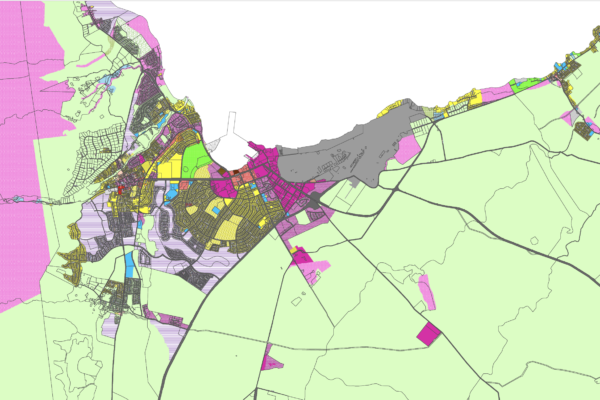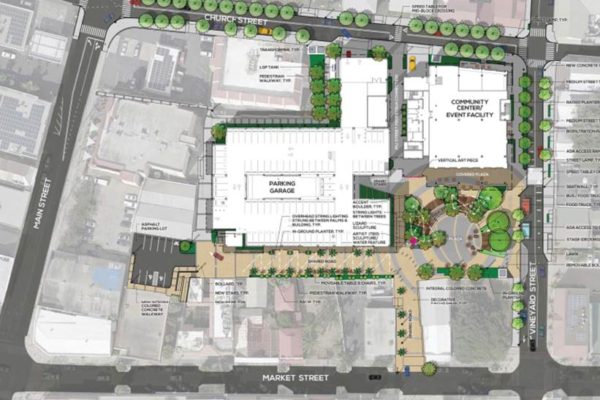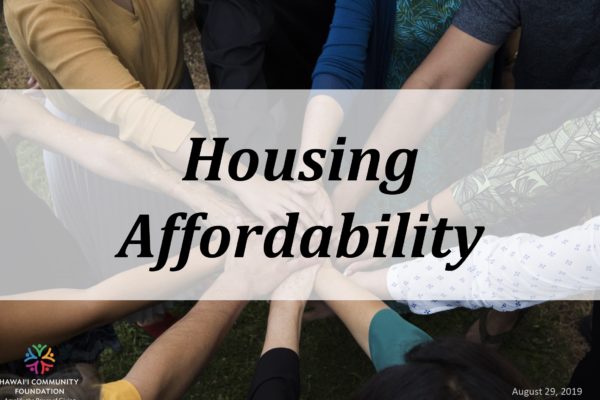The Maui News
August 07, 2003
By Edwin Tanji, City Editor,
Mayor Alan Arakawa said Tuesday that he has assured developer Jesse Spencer that there will be water available for Spencer’s planned 100-acre affordable housing project in Waikapu.
Arakawa said he met with Spencer on Tuesday over a question raised when the county suspended reservations for new water meters for the Central Maui water system.
After already expending several thousand dollars on preliminary studies for the project, Spencer said he needed to know for sure that he will be able to proceed as planned through a “fast-track” process to build on the agricultural land.
“Yes, I have a commitment from the mayor. We have commitments for water and for sewers,” Spencer said.
He said he needed a confirmation in writing to present to the state Land Use Commission in his application to proceed with the development under a state law that allows an affordable housing project without going through formal procedures to reclassify the farmland to residential use.
Since he announced his plans for the project in April, Spencer said, he has been proceeding with preparing the documents he will need to present to the County Council for the fast-tracking approval.
But the decision of the State Commission on Water Resources to designate the Iao aquifer as a state water management area last month set up a potential obstacle. The designation requires the county to apply for a state permit to continue to draw water from the aquifer, with the commission to establish how much water the county can continue to draw.
The designation occurred because the average pumping from the Iao aquifer went over 18 million gallons a day, a trigger point for designation at 90 percent of sustainable yield from the underground water resource.
Uncertain how much more water the county will be able to draw from Iao and the adjacent Waihee aquifer, Arakawa last week said the county would no longer accept reservations for future water meters – meters to be installed for projects to be developed in the future.
But Arakawa said Tuesday that the water department still can draw on the Waihee aquifer and is setting aside an allocation of 1 million gallons a day for affordable housing projects that are being planned around Central and South Maui.
Spencer is just one of several developers who have plans for housing projects in the affordable range, Arakawa said. With the available water resource dwindling, he said, his administration is taking steps to assure that there will be adequate supplies for those projects when they come online without having to compete with market-value housing projects.
“There is a real need for affordable housing, and we want to be sure those projects can proceed,” Arakawa said.
With the assurances on water and sewer treatment capacity, Spencer said he hopes to have his proposal for a 414-unit subdivision before the council for action by the end of summer, and to have construction begin by the end of this year.
His plans involve a rectangular parcel along the Honoapiilani Highway on a pineapple field just north of the existing Waikapu Village and across the highway from the Waiolani subdivision. Access roads would include a new roadway across from Pilikana Place, the access road for Waiolani, as well as roads connecting to the Waiale Road extension planned by the county.
A 4- to 5-acre greenbelt with a walking/bicycle path would run through the middle of the development to connect with the Wailuku Ag baseball field on Waiko Road, creating a passive recreational area connected to the ball field available for organized activities.
Spencer said he believes the Waikapu community will support the project. During a meeting with residents of the area, he said, the primary concern was over traffic through Waikapu town.
His project plans include a traffic signal at the intersection with Pilikana Place. Traffic from Waikapu also could be diverted to the Waiale Road extension that he anticipates will be developed by the county, he said.
He said he believes he can bring the house-and-lot packages in at $185,000 to cover all of his costs. Any costs required by the county, including fees for water, sewers and other improvements “will only add on to the cost of those homes,” he said.



